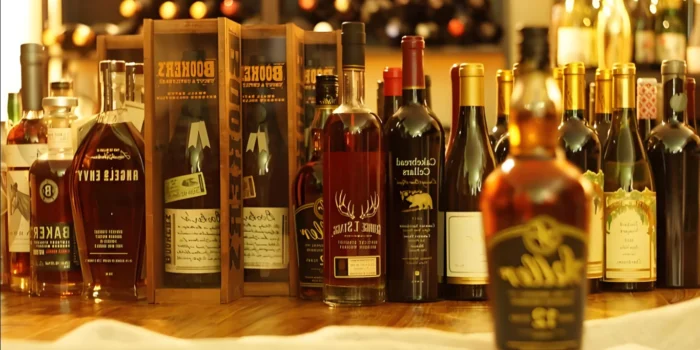
Storage and Transport of Liquor Bottles: Best Practices and Tips
Proper storage and transport of liquor bottles are essential for maintaining their quality and ensuring they reach their destination in pristine condition. Whether you’re a collector, a distributor, or simply a responsible consumer, understanding the best practices for handling liquor can make a significant difference. This guide explores the key aspects of storing and transporting liquor bottles, providing tips to help you preserve their quality and ensure safe delivery.
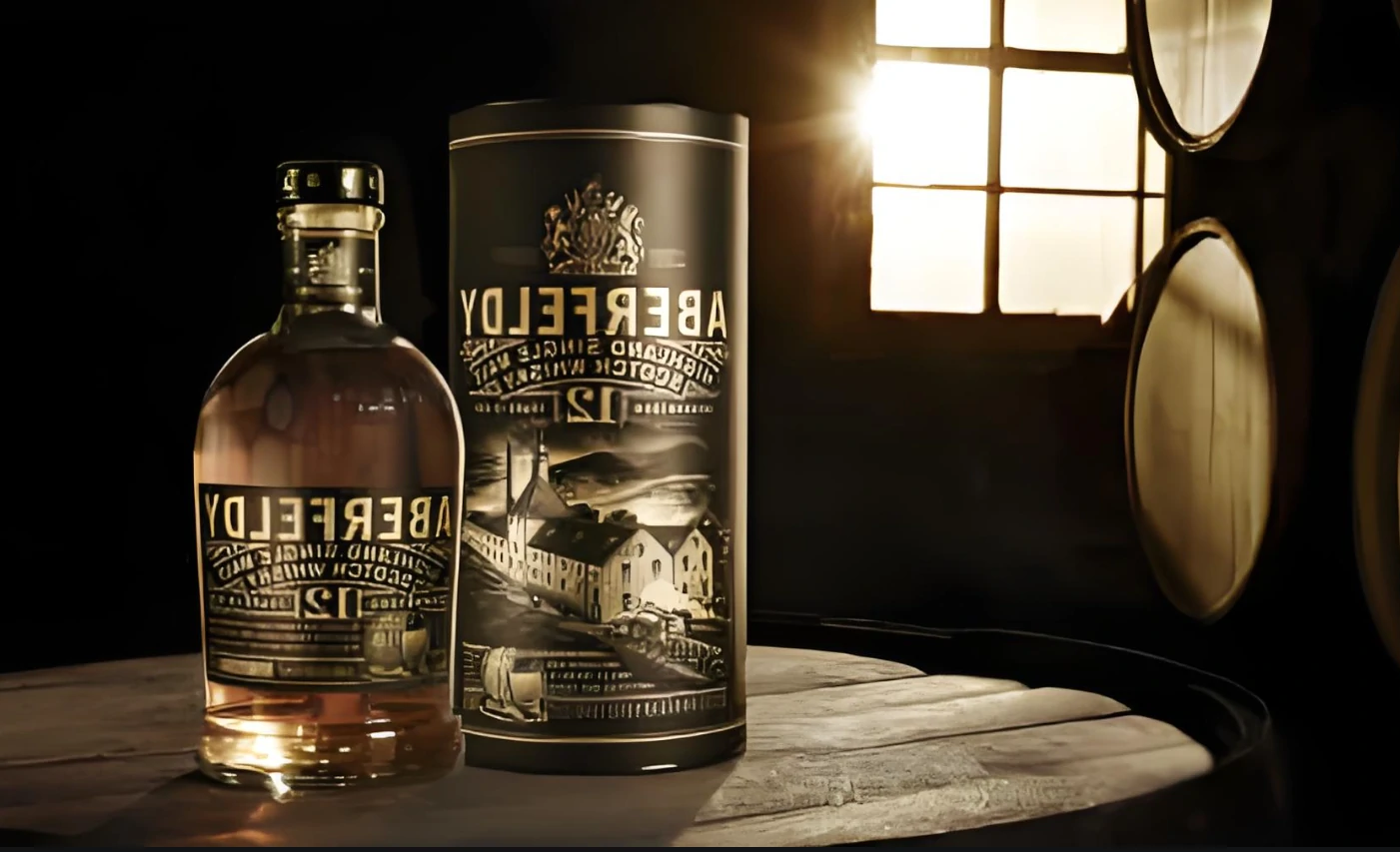
1. Understanding the Importance of Proper Storage
1.1 Protecting the Flavor and Quality
Liquor is a delicate product that can be easily affected by its environment. Exposure to light, heat, and fluctuating temperatures can alter its flavor profile and overall quality. For spirits like whiskey, rum, or vodka, maintaining stable conditions is crucial. Proper storage helps preserve the integrity of the liquor, ensuring it remains enjoyable for years to come.
1.2 Preventing Contamination
Liquor bottles are sealed with corks or caps that prevent air and contaminants from entering. Proper storage conditions help maintain these seals and prevent leakage or spoilage. Storing bottles in a controlled environment also reduces the risk of contamination from external sources.
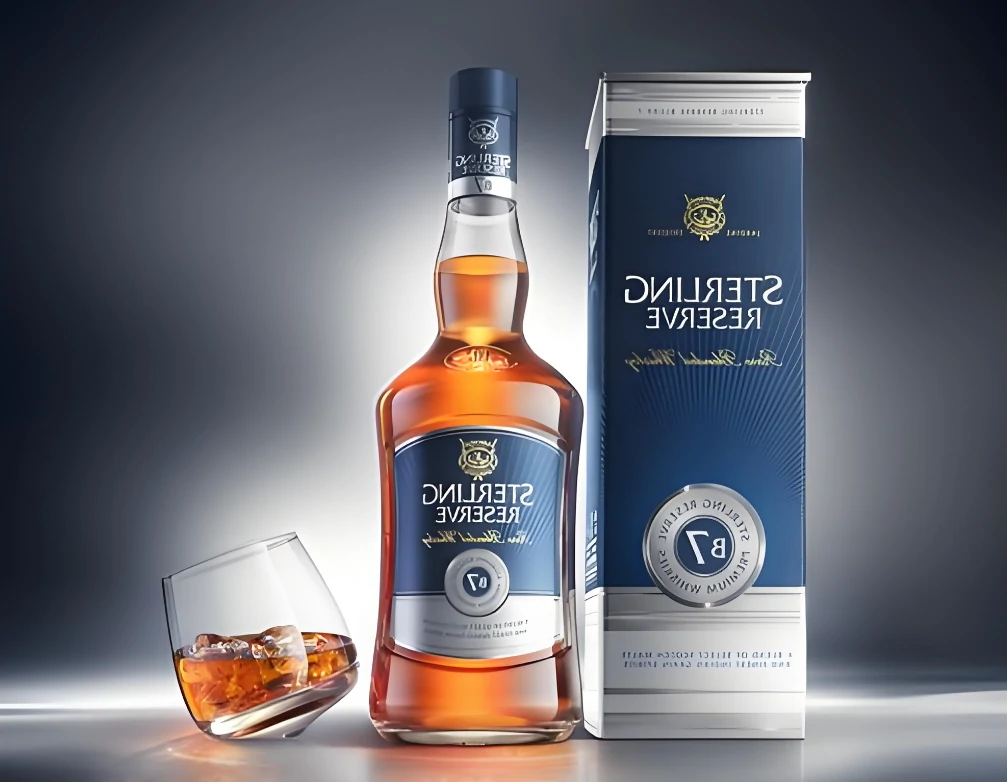
2. Best Practices for Storing Liquor Bottles
2.1 Temperature Control
Liquor should be stored in a cool, stable environment. Ideally, the temperature should be consistent, ranging between 50-65°F (10-18°C). Extreme temperatures, both hot and cold, can impact the quality of the liquor. Avoid storing liquor near heat sources, such as stoves or radiators, and keep it away from direct sunlight.
2.2 Humidity Considerations
Humidity plays a role in preserving corks and labels. While high humidity can promote mold growth, low humidity can dry out corks and cause leakage. Aim for a moderate humidity level, around 50-70%, to keep corks intact and labels in good condition.
2.3 Storage Position
Liquor bottles should be stored upright. Unlike wines, which benefit from being stored on their sides to keep the cork moist, liquor does not require this. Storing bottles upright prevents the liquid from coming into contact with the cork, which can affect the seal and potentially lead to spoilage.
2.4 Avoiding Vibration
Liquor should be stored in a location where it is protected from vibrations and movement. Constant shaking or jostling can disturb the sediment and affect the quality of the spirit. Choose a stable, vibration-free area for storage.
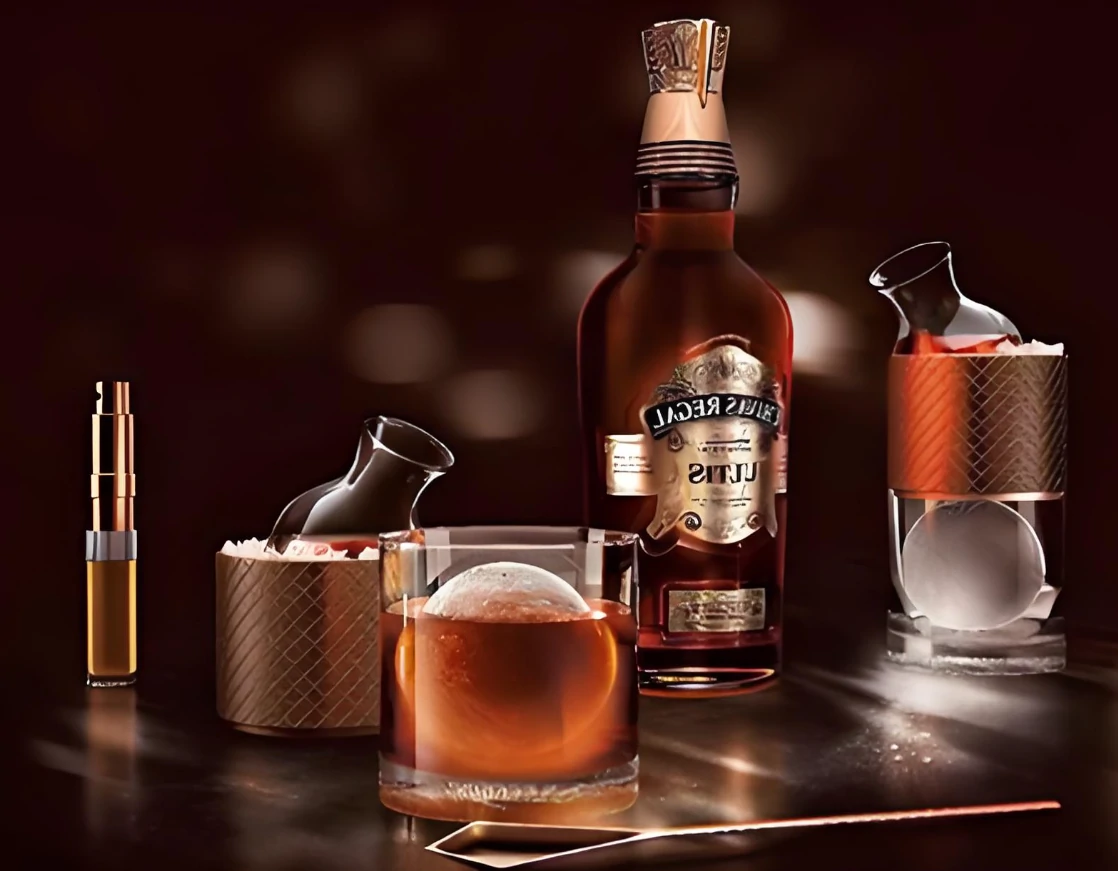
3. Transporting Liquor Bottles Safely
3.1 Packaging and Protection
When transporting liquor bottles, proper packaging is essential to prevent damage. Use cushioned packaging materials such as bubble wrap or foam to protect the bottles from impact and jostling. Place bottles in sturdy boxes designed to hold and protect them during transit.
3.2 Temperature Control During Transport
If you’re transporting liquor over long distances or through varying climates, consider using temperature-controlled transport options. Maintaining a consistent temperature helps preserve the quality of the liquor, especially for high-value or delicate spirits.
3.3 Secure Handling
Ensure that bottles are securely packed and not subject to excessive movement during transit. Avoid overloading boxes and ensure that each bottle is individually protected. Proper handling reduces the risk of breakage and spillage.
3.4 Labeling and Documentation
For shipping purposes, clearly label packages as containing liquor and ensure that all necessary documentation is included. This includes any required permits or shipping declarations. Proper labeling helps comply with legal requirements and ensures that packages are handled appropriately.
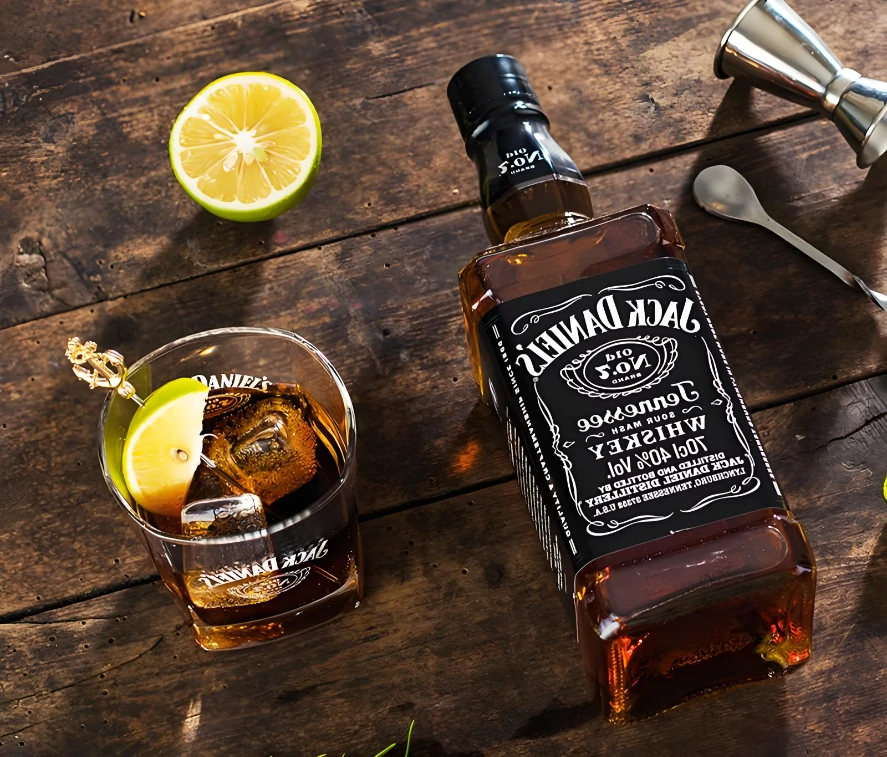
4. Additional Tips for Liquor Care
4.1 Avoiding Chemical Exposure
Keep liquor bottles away from chemicals or cleaning agents that could potentially interact with the contents or damage the bottles. Store liquor in a clean, dry environment to avoid contamination.
4.2 Monitoring Expiry Dates
While most liquors have a long shelf life, it’s still important to monitor expiration dates and best-before information, especially for specialty or limited-edition bottles. Consuming liquor beyond its recommended period may impact its taste and quality.
4.3 Using a Humidor for Collectors
For collectors with valuable or rare bottles, consider investing in a humidor. This controlled environment helps maintain optimal temperature and humidity levels, ensuring that your collection remains in excellent condition.
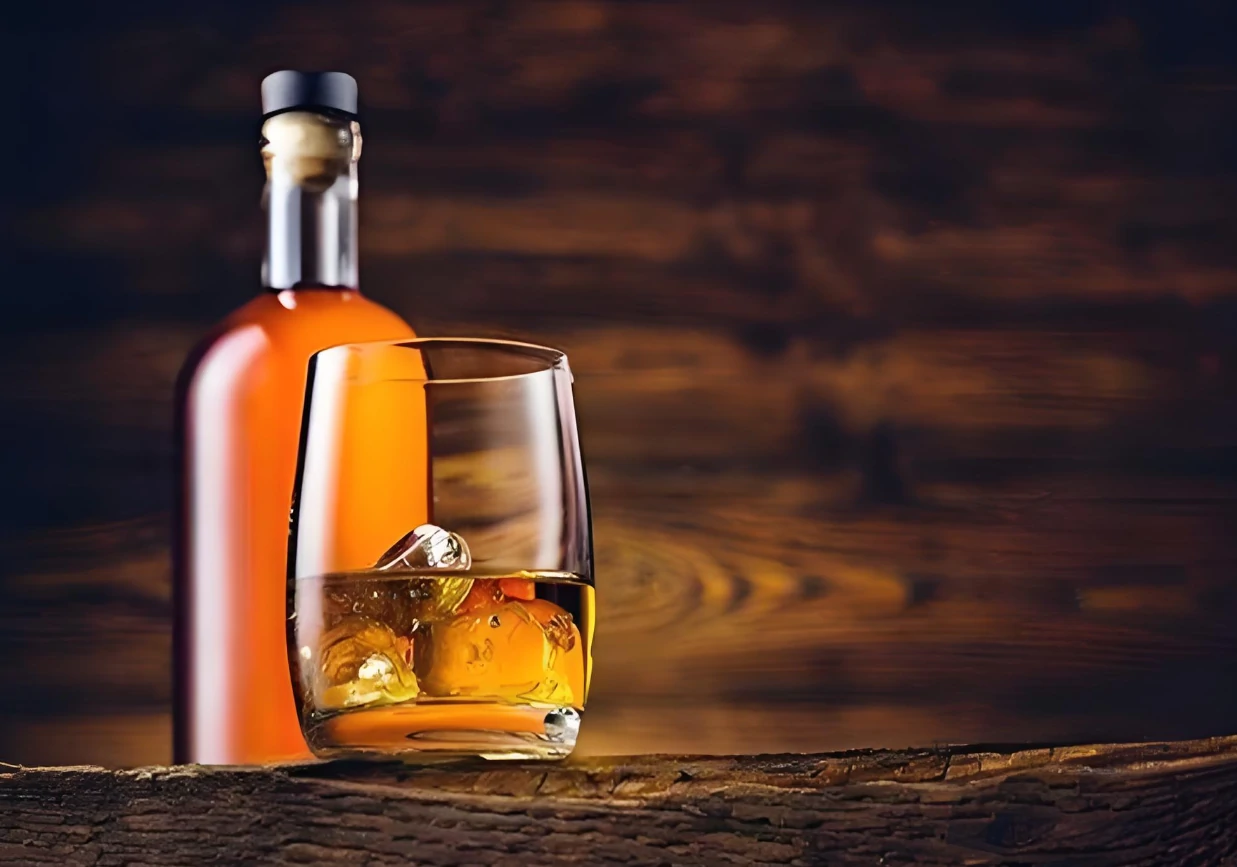
Conclusion
Proper storage and transport of liquor bottles are crucial for preserving their quality and ensuring safe delivery. By following best practices such as maintaining stable temperature and humidity, packaging bottles securely, and avoiding exposure to contaminants, you can protect your liquor and enjoy it as intended. Whether you’re handling a personal collection or managing a shipment, taking the time to understand and implement these best practices will enhance the longevity and enjoyment of your spirits.

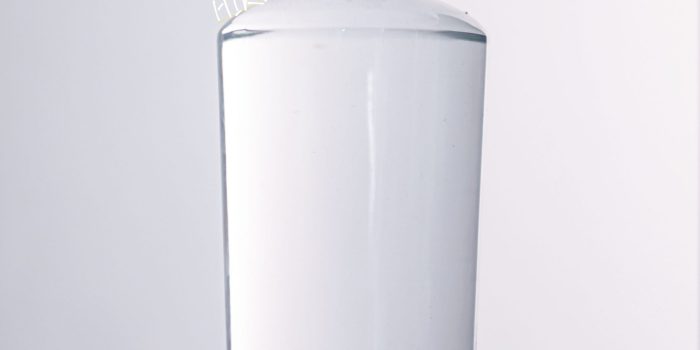
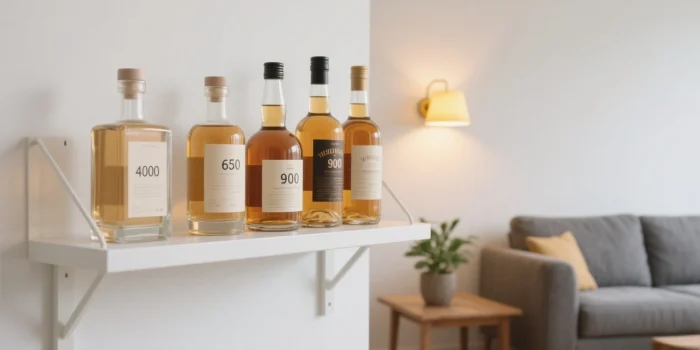
This Post Has 0 Comments